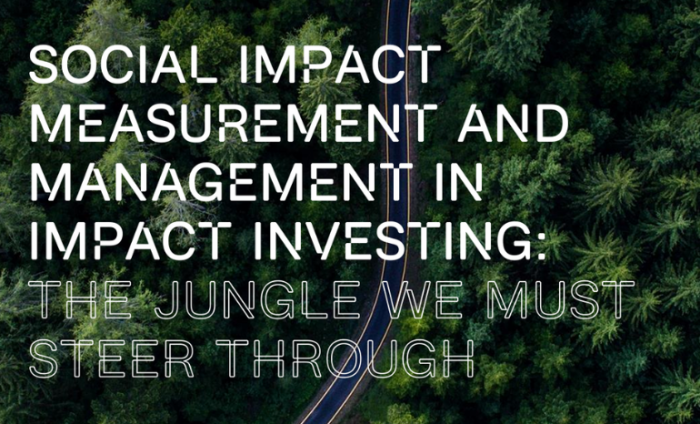
UCL School of Management Professor Paolo Taticchi and Honorary Research Fellow Chiara Andreoli have co-authored a white paper that highlights the challenges facing the field of impact investing. Entitled ‘Social Impact Measurement and Management in Impact Investing: The Jungle We Must Steer Through’, the paper also investigates the role of social impact measurement and management in ensuring longevity within the impact investing field.
In 2007, the term ‘impact investing’ was coined by a small group of ‘dreamers’ at the Bellagio Centre in Italy. Reshaping the notion of traditional investing, impact investing aims to look beyond the standard risk-return relationship by generating positive social and environmental impact alongside financial return. The need for impact investing, according to the authors, has never been greater, as the increasingly severe societal challenges of today means that shareholders’ capitalism has become obsolete.
Since 2007, the field has expanded exponentially, with more mainstream impact investing starting to target listed equity firms and large privately-owned companies, yet alongside this growth has come significant challenges. Trying to keep the field free of contamination from traditional forms of investment and confusion about how to manage the social impact are two primary examples.
However, the authors highlight the need to overcome these challenges, particularly the latter, as the importance of measuring and managing the social impact of these impact investments cannot be undermined. The authors note that environmental and governance factors should also be a part of the analysis, as they are so often linked to social issues. This may take time, the authors note, as ‘impact investors are aware that it is key to wait to see the results on the ground. If investors do not go back after several years to measure the consequences of business activities and investments, it is almost impossible to account for any negative consequences that would not have been mitigated during the project.’